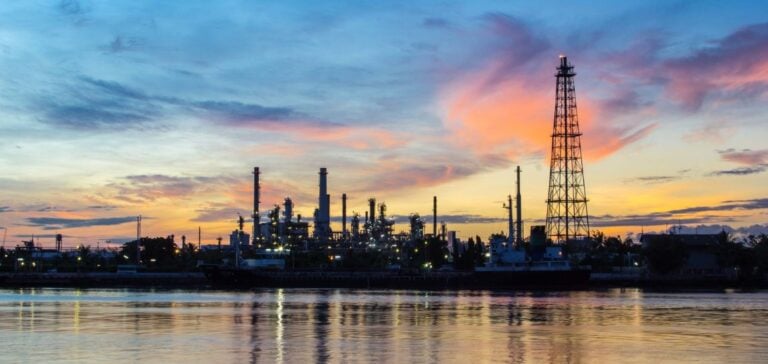Platts valued LNG in Brazil for deliveries scheduled 15 to 45 days in advance at $9.722/MMBtu, representing a discount of 2.2 cents/MMBtu to June European Northwest LNG and a premium of 0.3 cent/MMBtu to the Mediterranean marker. This discount to North-West Europe is the lowest recorded since valuations began on February 1.
Growing demand and international competition
While the market keeps a close eye on growing demand from Brazil, European buyers in the north-west are aggressively trying to lure cargoes away from other regions. If reservoir levels are lower than expected, demand for LNG could increase in the coming months, as Latin American players seek to outbid their European counterparts.
Impact of hydrological conditions on imports
Brazil imported 13 million cubic meters per day of LNG over the last 30 days, an increase of 116% on the previous 30 days, due to unusually low rainfall levels during the rainy season. This has led to lower-than-expected reservoir levels, with levels at 72% in the South-East region, 14% lower than in April 2023.
Energy forecasts and market response
Energy demand in Brazil is on the rise, with the ONS (National System Operator) forecasting demand of 80,053 MWa, up 8.2% on last year. Despite the challenges, an improvement in the hydrological scenario is forecast for the South-East/Central-West region, which holds 70% of the most relevant reservoirs for the INS.
Imports and market trends
Brazilian LNG imports this month stood at 180,000 tonnes as of April 18, almost equivalent to last year’s May total of 190,000 tonnes. All the volumes came from the United States. Over the year, Brazilian LNG imports amount to 830,000 tonnes so far in 2024, compared with 40,000 tonnes in 2023 and 1.37 million tonnes in 2022 over the same period.
Despite hydrological challenges, growing demand and global market dynamics are significantly influencing Brazil’s LNG import strategy, highlighting interconnectivity and increased competitiveness in the global energy market.





















